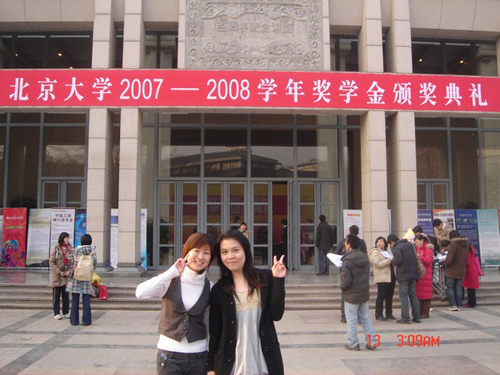
During the course of a visit to Yale University, I had the pleasure of meeting up with Yale student Lun Pei Ng.
Lun Pei is a 1st year graduate student at Yale School of Public Health, concentrating in Epidemiology of Microbial Diseases. She graduated from Peking University Health Science Center as a medical student in 2011. Her interests lie in infectious disease control as well as health care management. As a Hong Kong resident, she is passionate about applying her knowledge in medicine and public health to promote health and wellness in Hong Kong and China after graduation.
I invited Lun Pei, with her China/US education perspectives, to contribute to this week’s edition of 全球搜索教育.
What did you find to be the best parts of your Chinese secondary school in your preparation to pursue your life goals? What would you like to have seen more or less of?
We have a high standard for quantitative subjects like math, physics and chemistry. We go deeply into each question and try to understand the origin of the most important formulas before using it in different settings. These practices help us view problems in a more detailed and logical way, even for those who later pursue a career in arts. 而且, since we go deeply into these subjects and students have the chance to participate in the Nationwide Olympic Games for Science (which requires knowledge comparable to university level), this overall approach is a good platform for students to see if they really have interest in these areas.
然而, I think we could do more to integrate the things we learn into solving practical problems, 例如, using theories in physics and chemistry to explain real life problems and encourage students to think on their own.
還, I think it would be better if we had fewer requirements of formula memorization, and were allowed to use calculators for complex calculations in tests. 如此, learning would be more efficient and more focus could be put on methods instead of results.
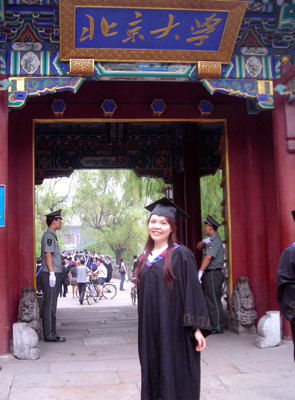
What are your views about standardized testing in high school? How much reliance should be placed upon it to measure the effectiveness of teachers and the capabilities of students?
Personally I think it’s fair to use a uniform system to test all students in a single subject, especially for a country with as big a population as China. The tests also serve as a guide for teachers to find where their emphasis should be. Although the result for a single exam may not fully represent your capabilities, the long-term record does help explain the difference in students’ 能力. In terms of measuring the effectiveness of teachers, I think it’s somewhat useful if we look at the trend of the whole class instead of just comparing the mean score of different classes.
I think it is important for universities to set benchmarks for test scores for admission. But once a person passes the benchmark, more emphasis should be put into evaluating a person’s experience, and whether he/she would be a good fit for the field.
Based on your personal experience, how would you compare your first tier Chinese university experience at Peking University with your first tier university education in the US at Yale University?
Since I was studying medicine at Peking University and changed to Public Health at Yale, it’s not a direct comparison with regard to curricula. 但基於從我的同學我的個人經驗和信息, 我覺得課程在耶魯大學更實用,適用於現實生活, 和課程內容更快更新 (例如. 對HPV疫苗的有效性新的文章,而我們在學習的話題進行了介紹). 作業, 案例研究和項目需要不同的技能,而不是文字記憶的組合, 旨在讓我們應用理論到實踐的機會. 還, 這提供了一個很好的平台,理念共享和組分配. 我覺得我的創造性和批判性思維能力在耶魯有顯著改善.
這些課程以及相互連接. 更多的資源提供給個人, 例如. 每個人都有一個顧問來幫助回答學術問題並指導他的職業選擇. 教授是非常方便和鼓勵學生不同的想法. The program gives you the basic skills you need in your future work and helps you figure out what your real interest is.
Interaction among different schools and majors is highly encouraged; 例如, there are joint courses provided to Public Health and Law School students, and you can select courses from different schools. One thing that impressed me a lot is the efficient use of different media tools (like email and facebook) in spreading academic news, and you can get almost all the information you need from the Internet.
然而, I think sometimes the atmosphere of classes in the US is too loose and random. Students are encouraged to raise questions but in my opinion this is excessive. Students in China tend to think twice before raising a question. Maybe that’s due to the cultural difference but this actually helped improve the efficiency of a class.
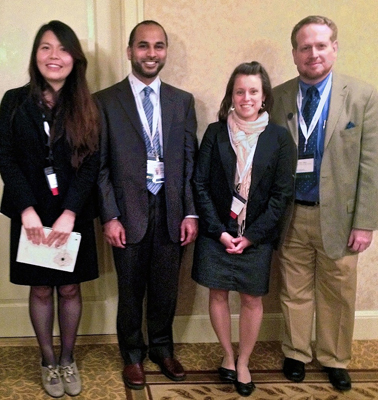
What do you think can be done to better address the emotional well-being and intellectual potential of the individual, 它出現在在中國目前的中學教育體系是患?
首先, 我認為,需要在學校的職業生涯辦事處,幫助學生找出他們真正的利益,並提供不同的大學的相關程序的更多信息. 學生有強烈的動機來研究,如果他們意識到,他們正在學習是為自己未來的目標非常有用的東西, 也許學習過程本身就不會那麼緊張了. Many high school students in China apply for a program in the university with little information about it.
還, it’s important to gradually change the admission evaluation system for higher education in China to have a more comprehensive view of an applicant. This would include taking into account achievements in sports, arts and community service in addition to test scores. 然而, the system should be clearly communicated and documented to avoid being abused by some institutes or individuals. It may also be a good idea to put more weight on the test score of subjects related to the future interests of the applicant instead of just looking at the score as a simple result.
What advantages and disadvantages does a US university degree have compared with a Chinese university degree for a Chinese person?
If you plan to stay in the US, a US university degree would help you better adapt to the environment and culture, and also build up your network of contacts.
If you are planning to pursue your career in China, a degree in a Chinese university will give you a deeper understanding of the country’s political, 經濟, and other systems and a better network of contacts. Since there are increasing opportunities for Chinese students to study in the US today, if the university in US is not well known in China, people might think that you have chosen to study abroad only because you cannot get into a first tier university in China.
I think that in the first one or two years of university, you will gain knowledge in more areas in the US universities and then you can focus on one or two majors. 在中國, you will get involved in a specific area at the very beginning. So it may be good for people still searching for their interest to begin their journey in a university with a US like system, but if you already have a clear goal in mind, you may save some time studying in the Chinese universities (例如, you can save 4-5 years to get a medical degree in China.)

From a broader perspective, does your country’s definition of educational excellence take into account the quality of life of individuals and of society?
I think educational excellence has a different definition and emphasis for the different stages of education. Before university, more focus is placed on a student’s ability to get higher scores, which may lower the quality of an individual’s life since he may need to sacrifice his interests in the arts or social work to make room for study. The test result is the main concern in terms of educational excellence.
In higher education, the general perception of successful education is that what you learn will equip you to find a good job or get into a lucrative industry. I feel that the quality of life, which includes the balance between one’s interest and job pay, is a broader concept related to a society’s standard of success and not just educational excellence. In a developing country like China, the scale tilts to the side of payment.
The quality of society, 在我看來, must always be considered in educational excellence. If one can use his knowledge and creativity to better serve the community, help address social problems, and improve public health, this should be viewed as representative of an excellent educational system.
然而, China’s definition of educational excellence has changed a lot and more attention is also placed on whether one is enjoying his job rather than just on his productivity. But still there’s a gap in the definition between secondary and higher-level education, which could be a barrier in preparing our future generations to achieve their goals.
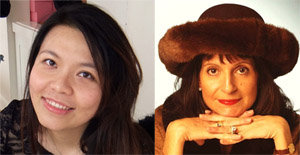
Photos courtesy of Lun Pei Ng.
在全球搜索教育, 和我一樣,全球知名的思想領袖,包括邁克爾·巴伯爵士 (英國), 博士. 邁克爾座 (美國), 博士. 萊昂特司特因 (美國), 克萊克里斯坦森教授 (美國), 博士. 琳達·達林 - 哈蒙德 (美國), 博士. 馬達夫恰範 (印度), 邁克爾·富蘭教授 (加拿大), 霍華德·加德納教授 (美國), 伊馮娜赫爾曼教授 (荷蘭), 克里斯汀Helstad教授 (挪威), 讓·亨德里克森 (美國), 玫瑰Hipkins教授 (新西蘭), 科妮莉亞Hoogland教授 (加拿大), 太太. 尚塔爾考夫曼 (比利時), 博士. Eija Kauppinen (芬蘭), 國務秘書塔皮奧Kosunen (芬蘭), 多米尼克·拉方丹教授 (比利時), 休·勞德教授 (英國), 本·萊文教授 (加拿大), 巴里McGaw教授 (澳大利亞), 希夫納達爾 (印度), Ř教授. 納塔拉詹 (印度), 博士. 吳PAK (新加坡), 博士. 丹尼斯教皇 (美國), 斯瑞達拉賈戈帕蘭 (印度), 博士. 黛安·拉維奇 (美國), 肯·羅賓遜爵士 (英國), 帕西SAHLBERG教授 (芬蘭), 安德烈亞斯·施萊歇 (PISA, 經合組織), 博士. 安東尼·塞爾頓 (英國), 博士. 大衛·謝弗 (美國), 博士. 基爾斯滕都沉浸式 (挪威), 總理斯蒂芬·SPAHN (美國), 伊夫Theze (法國公立高中美國), 查爾斯Ungerleider教授 (加拿大), 托尼·瓦格納教授 (美國), 大衛·沃森爵士 (英國), 迪倫Wiliam教授 (英國), 博士. 馬克沃莫爾德 (英國), 西奧Wubbels教授 (荷蘭), 邁克爾·楊教授 (英國), 和張民選教授 (中國) 因為他們探索所有國家今天面臨的大畫面的教育問題. 全球搜索教育社區頁面
ç. M. 魯賓是兩個廣為傳誦的在線系列,她接受了筆者 2011 厄普頓·辛克萊獎, “全球搜索教育” 和 “我們將如何閱讀?” 她也是三本暢銷書, 其中 真正的愛麗絲夢遊仙境.
按照ç. M. 魯賓在Twitter: www.twitter.com/@cmrubinworld


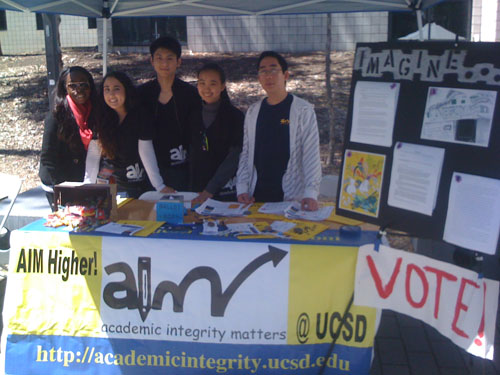
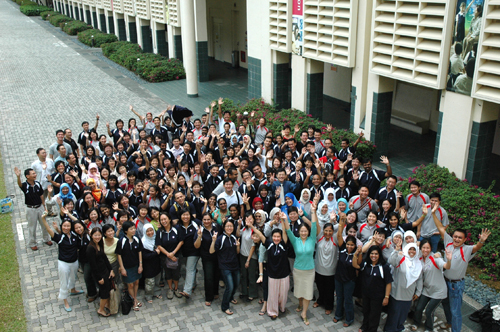
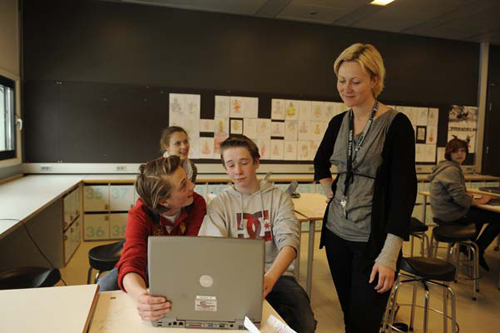
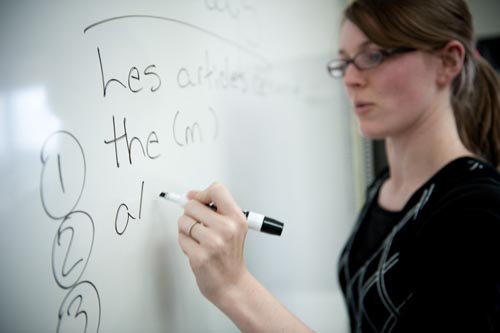
最新評論